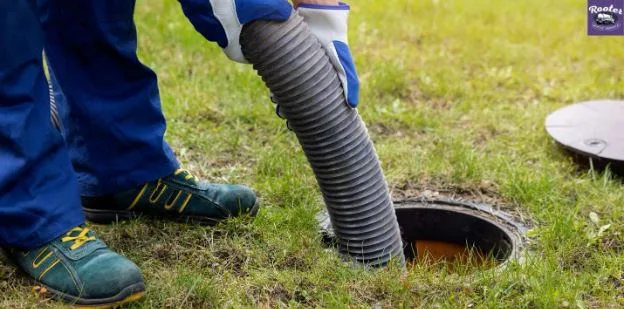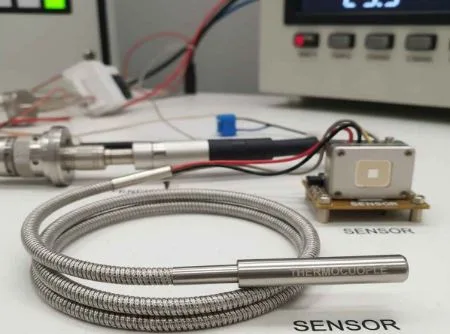Essential Tips for A Healthy Septic System
Septic systems are vital for properties without a public sewer line connection. If you rely on an onsite wastewater treatment system, providing regular care and maintenance is vital for optimal health and longevity. Septic systems comprise two main components: a tank and a drain field. The wastewater from your home lows into the tank to separate solid and liquid waste. The effluent then enters the drain field for further purification before it is released into the soil. As a trusted septic company, Rooter Septic Services is dedicated to ensuring a seamless and safe process. Let’s delve into the essential tips for a healthy wastewater treatment system.
Regular Maintenance
According to industry experts, septic pumping in Acworth should be done every 3 to 5 years. However, this can vary depending on the tank size, water usage, and water table level among others. A licensed technician can inspect, diagnose, and devise a tailored care plan that involves regular cleaning and repairs. In addition, professionals document every maintenance session, providing prospective buyers peace of mind if you list your property for sale in the future.
Conserve Water
Septic systems are designed to handle a specific amount of water. If you exceed your normal usage, it can overwhelm your system, leading to inefficiencies, overflows, and costly repairs. Some of the ways you can minimize water usage include turning off the faucet when brushing teeth, spreading out laundry loads, fixing leaks, and replacing old toilets with newer, more efficient ones. While water conservation may not seem effective initially, it goes a long way to ensure your unit is not overworking to address your waste disposal needs.
Keep Drains Clean
Check what you flush down the toilet and what goes down your drains. If it is not biodegradable, it belongs in the bin. Some of the waste that shouldn’t enter your septic system include coffee grounds, cigarette buds, cotton swabs, cooking grease, paints, oils, chemical cleaners, and diapers among others. If you constantly dispose of inorganic waste, it may be time for professional maintenance to prevent further damage and devastating scenarios.
Keep Surface Water Away
As mentioned, septic systems are designed to handle a specific amount of water. However, surface water from roofs, downspouts, driveways, and sump pumps can end up in your tank, causing blockages and overflows. If you live in an area that experiences frequent heavy rains or is more prone to flooding due to a higher water table, keeping the excess water away from your system is crucial. You can landscape your yard to direct rainwater away or schedule regular pumping sessions during the wet season.
Encourage Plants
Another effective way to maintain a healthy septic system is to encourage plants. Grow grass over the drain field to prevent erosion and other hazards. If you have to grow other plants near your septic system, consider their root systems to avoid clogs and damage down the line. We recommend growing plants with minimally invasive roots to protect your tank and pipes.
Avoid Physical Damage
Lastly, avoid parking or driving over your septic system. Mark the drain field’s location to prevent such incidents in the future when grass grows. Additionally, refrain from directing foot traffic near this location or placing heavy machinery to avoid physical damage. The last thing you want is a septic emergency when you least expect it, leading to costly repairs and replacements.
These are some of the essential tips you should consider to maintain a healthy and efficient system. Contact us at Rooter Septic Services and schedule a consultation with our experts for exceptional septic pumping in Acworth and learn more helpful maintenance tips to keep your unit in top shape.






